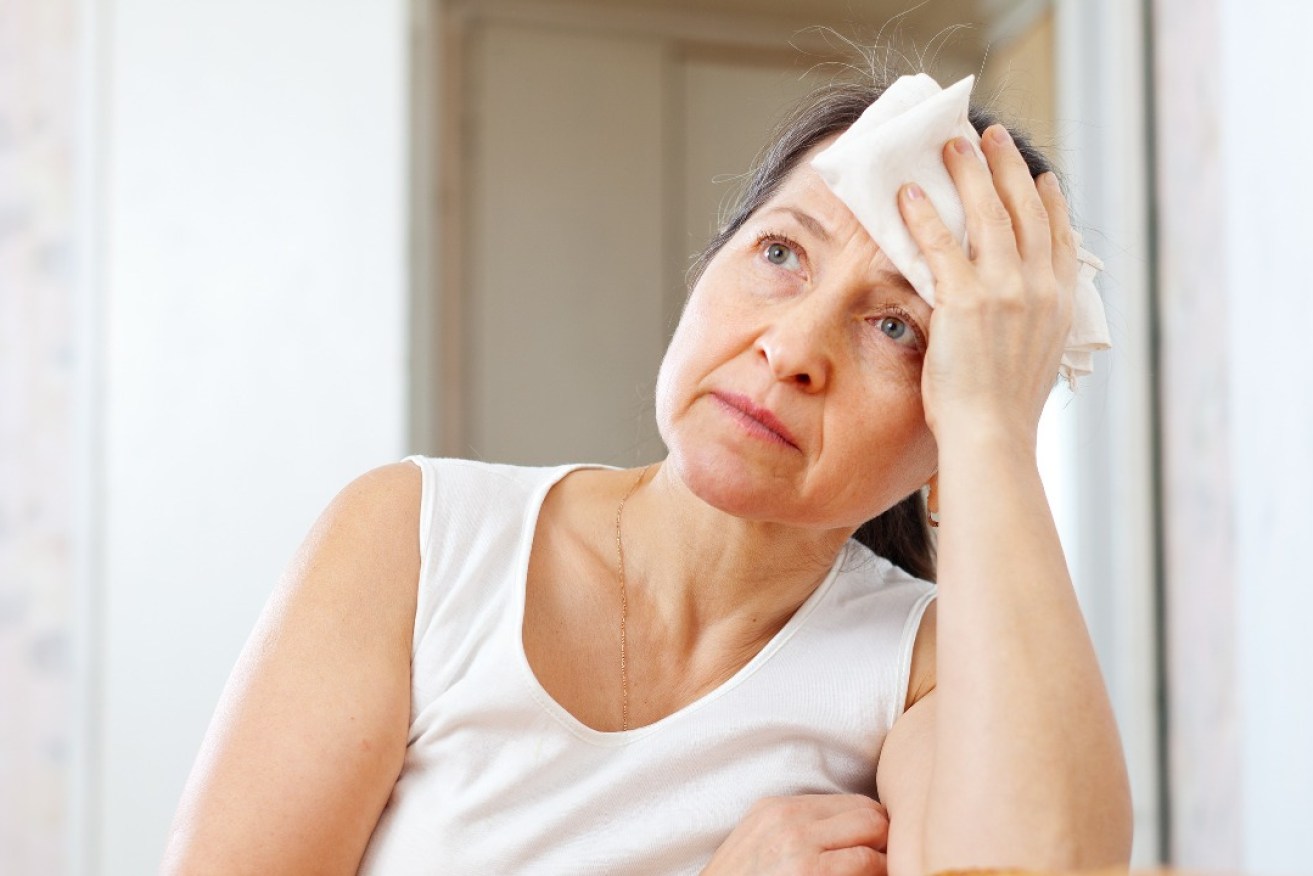Australia’s first online perimenopause and menopause registry
To mark World Menopause Day, a Flinders University professor has launched a registry to gather information on the public’s experience of perimenopause and menopause.


After unexpectedly experiencing the start of perimenopause, Associate Professor Erin Morton, director of the Health Data & Clinical Trials unit at Flinders University, realised how little community awareness there was about this stage of life.
She was concerned about the lack of knowledge and support available to the more than three million Australian women in the 40-59 age bracket – the years that are most associated with menopause.
“Three years ago, I realised I’d hit perimenopause and I was rather horrified at how little was known or seemed to being done about it,” Morton said.
“This is an area of health that is so neglected and is still really stigmatised.
“There seems to be a lack of knowledge across healthcare roles, poor access to services, negative attitudes and lagging research to support women through this important time of life.
“There is very little information and support available, not to mention a lot of misinformation about hormone replacement therapy.”
Some 85 per cent of Australian women who experience significant symptoms go mostly undiagnosed, misdiagnosed, untreated or mistreated.
More than 30 per cent of Australian women will experience severe impacts on their general and psychological wellbeing, which can lead to breakdowns in relationships, mental health illnesses and decreased productivity both in work and home lives.
Drawing on more than 20 years of clinical trial and health data expertise, Morton decided to create a registry that gathers information on Australians’ experience of perimenopause and menopause.
The new registry, called VITAL, has a particular focus on exploring community priorities and creating tangible improvements in healthcare outcomes.
“VITAL is designed to provide the perimenopause and menopausal community with greater opportunities for involvement in their own care, and critically to collect key data that can be used to identify trends and improve research and education for measurable improvements in women’s health,” Morton said.
“I decided to create this community-driven registry to give a voice to the perimenopause and menopausal population, to define what peri really means, what really matters to them and its true – and hidden – impacts across the country.
“I believe there should be more focus and funding on women’s lifelong health, and more attention made to improving their perimenopause and menopausal quality of life and subsequent health outcomes.”
The registry is registered with the World Health Organisation (WHO) and the Australian Commission on Safety & Quality in Healthcare clinical trials and registry platforms.
It has received cross-party recommendations in both Federal Houses of Parliament during Women’s Health Week recently.
VITAL is open to everyone – perimenopause and menopausal participants, family, friends, colleagues, healthcare providers and policymakers.




